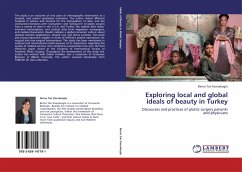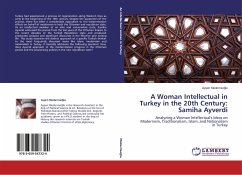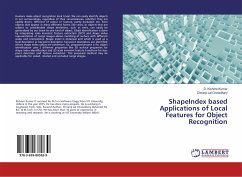
Exploring local and global ideals of beauty in Turkey
Discourses and practices of plastic surgery patients and physicians
Versandkostenfrei!
Versandfertig in 6-10 Tagen
52,99 €
inkl. MwSt.

PAYBACK Punkte
26 °P sammeln!
This study is an outcome of two years of ethnographic observation at a hospital, and several qualitative interviews. The author visited different hospitals in Ankara and Istanbul for the triangulation of data; and she conducted interviews with consumers and producers of plastic surgery from a variety of cities in the U.S.A. and Turkey. She utilized field notes, interview transcriptions, and content data from magazines, newspapers, and medical documents. Results indicate a global consumer culture about medical cosmetic applications, shaped over and above societies. This study also brings import...
This study is an outcome of two years of ethnographic observation at a hospital, and several qualitative interviews. The author visited different hospitals in Ankara and Istanbul for the triangulation of data; and she conducted interviews with consumers and producers of plastic surgery from a variety of cities in the U.S.A. and Turkey. She utilized field notes, interview transcriptions, and content data from magazines, newspapers, and medical documents. Results indicate a global consumer culture about medical cosmetic applications, shaped over and above societies. This study also brings important insights in terms of different patient motivations for surgical and non-surgical interventions. The study has been mentioned in national and international media because of its importance regarding the quality of medical services. One conference presentation has won the best electronic paper award at the Congress of International Society of Aesthetic Plastic Surgery. Throughout the development of this study, the author has worked with Ozlem Sandikci, also a researcher of Consumer Behavior at Bilkent University. The author received scholarship from TUBITAK for data collection.












